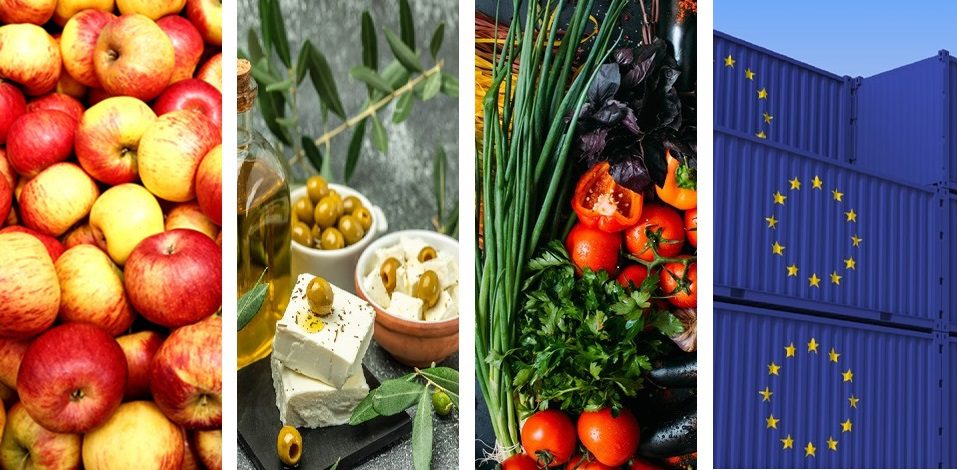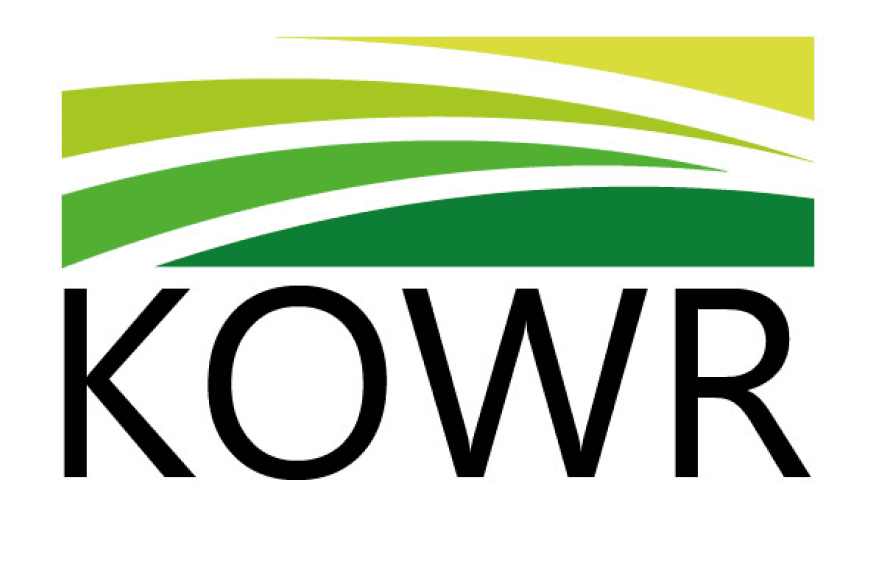14.02.2025
Record agri-food trade in the EU
Trade in agri-food products in the European Union is growing rapidly, reaching a record level in October 2024. Increased exports are helping to strengthen the EU’s position as a global leader in the food sector, while innovation, sustainable production and growing demand for high-quality products are driving further growth in this market segment.

Export and import growth in October 2024
The European Commission’s latest report on agri-food trade showed that the European Union achieved record results in October 2024. Exports totalled EUR 21.7 billion, while imports reached EUR 16.2 billion. Compared to the previous month, exports increased by 10% and imports by 19%. The record results of trade in agri-food products in October 2024 indicate the stable condition of the EU agri-food sector.
Cumulative data for the period from January to October 2024 showed an increase in exports by 3 percent and imports by 6 percent compared to the same period of the previous year.
The EU’s main export directions
The United Kingdom and the United States remained the EU’s most important trading partners for agri-food exports. From January to October 2024, exports to the United Kingdom amounted to €44.9 billion and to the United States amounted to €25.1 billion. In contrast, exports to China fell by €937 million (-8%). This was due to reduced supplies of grains, pork and dairy products.
Products with the highest export growth
The largest increase in exports was recorded in the following categories:
- coffee, tea, cocoa and spices,
- olives
- mixed processed food
These product groups showed intense growth in demand on international markets, which had a positive impact on the EU’s total export result.
Polish exports of agri-food products
Exports of agri-food goods from Poland in the first eight months of 2024 amounted to EUR 34.75 billion, an increase of 0.6% year-on-year. The value of exports to third countries increased by 1 percent, reaching EUR 9.2 billion. The largest increase was recorded in exports of poultry meat and chocolate products (17 percent each), while wheat sales fell by 36 percent. The United Kingdom remains the largest recipient of Polish food outside the EU (EUR 2.8 billion, +1 percent), and among other markets, Turkey (+35 percent) and Switzerland (+52 percent) stand out. More information about Polish exports here
Imports of agri-food products to the EU
Brazil remained the largest supplier of agri-food products to the EU, with exports of EUR 14.4 billion, but compared to the previous year, a decrease of 3% was recorded, due to lower oilseed prices and reduced cereal volumes.
The largest increase in imports was recorded in Côte d’Ivoire (+€2 billion, +60%), mainly due to rising cocoa prices. On the other hand, Australia and Russia experienced the largest reductions in exports to the EU during this period.
Changes to the structureof imports
EU cereal imports decreased in both value and volumes. On the other hand, imports of oilseeds and protein crops increased, which may indicate a growing demand for raw materials for food and feed production.
Despite the challenges related to declining exports to China and changes in the structure of imports, the EU market remains competitive.
Source: The European Commission report “EU agri-food exports and imports reached record levels in October 2024”, 01.2025.
- Everything
- News (269)
- Events (163)
- Get Support (83)
-
 Article
ArticleAn Investment Agreement: safe guard the tax implications of your investment
See the benefits of an Investment Agreement and how to apply
 Article
ArticleThe Polish chemical sector – exports drive development
The Polish chemical sector is growing thanks to the export of cosmetics and household chemicals
-
 Institution
InstitutionThe Investor Tax Service Center
The Investor Tax Service Center is a unit operating within the Ministry of Finance
 Institution
InstitutionPolish Investment and Trade Agency (PAIH)
The Polish Investment and Trade Agency (PAIH) is the partner of first-resort for entrepreneurs when …
The Export Promotion Portal uses cookies to make it easier for users to use the website and for statistical purposes. If you do not block these files, you agree to their use and saving in the memory of your computer or other device. Remember that you can change your browser settings to block the storage of cookies. More information can be found in Privacy Policy and Terms and conditions.







